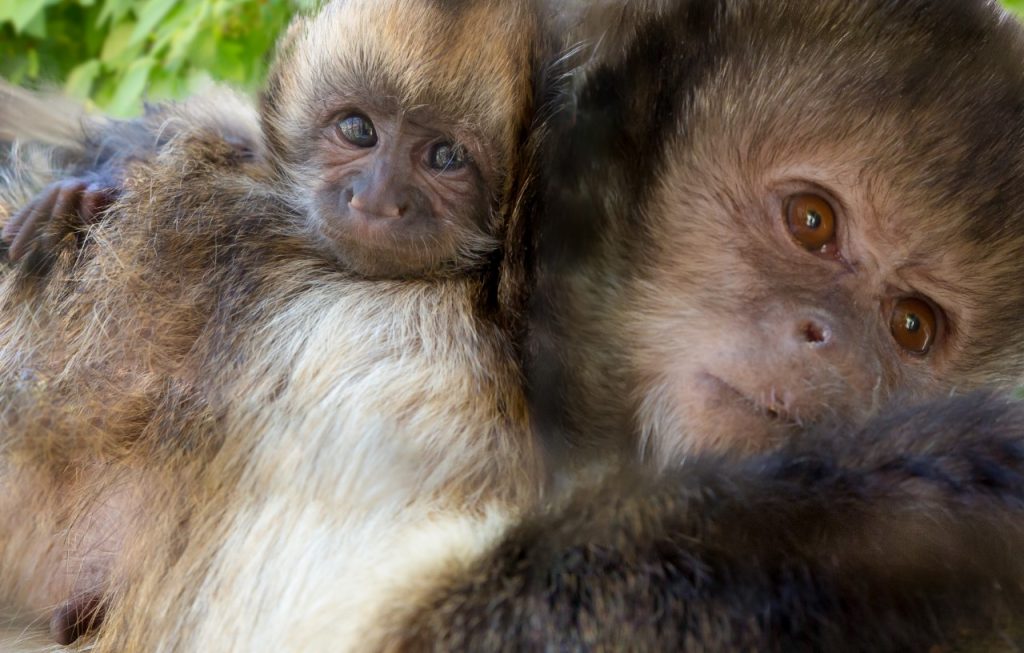The interaction of diet, water chemistry, and disease state on the health of captive ornamental fish
Citation
Hoopes LA, Origgi F, Terrell SP, Stamper A, Nolan B, Davis J, Litz C, Martin S, Semmen K, Olea-Popelka F, Valdes EV. 2009. The interaction of diet, water chemistry, and disease state on the health of captive ornamental fish. In Ward A, Treiber K, Schmidt D, Coslik A, Maslanka M, Eds. Proceedings of the Eighth Conference on Zoo and Wildlife Nutrition, AZA Nutrition Advisory Group, Tulsa, OK.
Abstract
Nutrition is an important modulator of immune function and can often tip the balance between health and disease. In order to maintain fish in aquaria, sound nutrition and adequate feeding are essential to fish health as clinical disease often ensues when nutritional needs are not met. Diets that are adequate with respect to essential nutrients can hasten recovery from infection, slow the progress of an idiopathic disease, or help individuals overcome environmental stress. Understanding the proper nutrient needs for aquaria fish is complicated by the fact that fish can accumulate trace minerals both directly from their aqueous environment and from the diet they ingest. Minerals accumulated through these two routes can have different physiological effects and fates. Many trace elements interact with each other or with particles in the water column, compounding the problem of understanding their bioavailability to fish. Despite decades of research on fish nutrition little information exists on the dietary and nutrient requirements of many captive ornamental fish species, as the goal in aquaria is longevity versus accelerated growth in aquaculture. The goal of this study was to evaluate the interaction of diet, water chemistry and disease state in captive ornamental fishes in order to improve overall fish health.
 29_HoopesFish.pdf 101 KB
29_HoopesFish.pdf 101 KB








